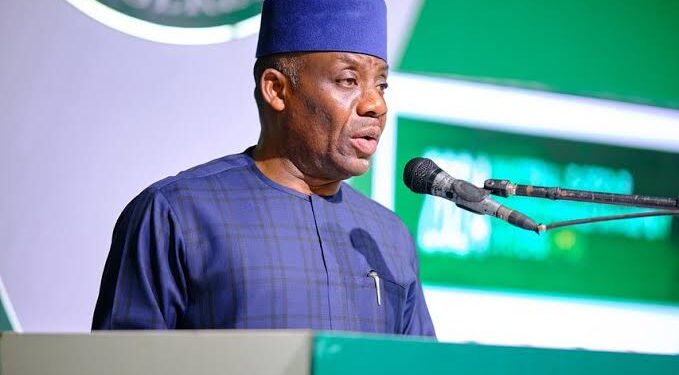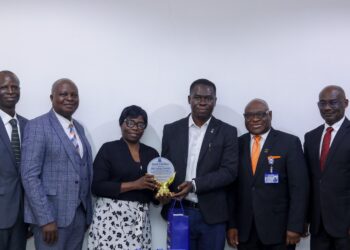The Federal Government has reintroduced Nigerian history as a compulsory subject in the basic education curriculum, saying the move is aimed at fostering national identity, unity, patriotism, and responsible citizenship among young Nigerians.
Minister of Education, Dr. Tunji Alausa, disclosed this in Abuja through a statement issued by the ministry’s Director of Press and Public Relations, Mrs. Folasade Boriowo.
According to him, the comprehensive curriculum is designed to rekindle pride in Nigeria’s past, nurture civic consciousness, and equip learners with the knowledge and values needed for responsible nation-building. He commended President Bola Tinubu for driving the reform under the Renewed Hope Agenda.
> “History is not just a record of the past; it is a foundation for shaping responsible and patriotic citizens,” the minister stated.
For the first time in decades, pupils will study Nigerian history continuously from Primary 1 through Junior Secondary School 3. At the senior level (SSS1–3), a new subject called Civic and Heritage Studies—which blends Nigerian History with Civic Education—will be introduced.
The curriculum for Primary 1–6 will cover Nigeria’s origins, heroes and heroines, traditional institutions, cultural heritage, political evolution, geography, economy, religions, colonial administration, and post-independence governance.
For JSS1–3, Civic and Heritage Studies will feature topics such as early Nigerian civilizations, pre-colonial states, West African empires, trans-Saharan trade, European contacts, the amalgamation of 1914, independence struggles, and democratic governance—taught alongside civic values to strengthen national unity.
Dr. Alausa described the reform as a “priceless gift to the nation”, reconnecting children with their roots while inspiring pride, discipline, and service. He added that embedding civic education would prepare learners to respect diversity, uphold institutions, and contribute positively to society.
The minister confirmed that the revised Nigerian History Curriculum for Primary and JSS levels has been released, and the ministry will partner with stakeholders to provide resources, retrain teachers, and strengthen monitoring and evaluation for effective implementation.
He urged parents, teachers, and communities to embrace the reform, describing it as a shared responsibility in raising patriotic and forward-looking citizens.



















































































 EduTimes Africa, a product of Education Times Africa, is a magazine publication that aims to lend its support to close the yawning gap in Africa's educational development.
EduTimes Africa, a product of Education Times Africa, is a magazine publication that aims to lend its support to close the yawning gap in Africa's educational development.